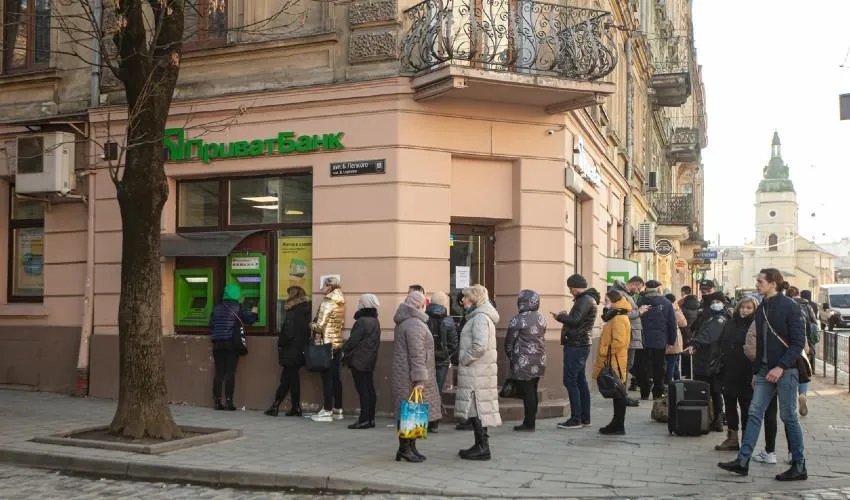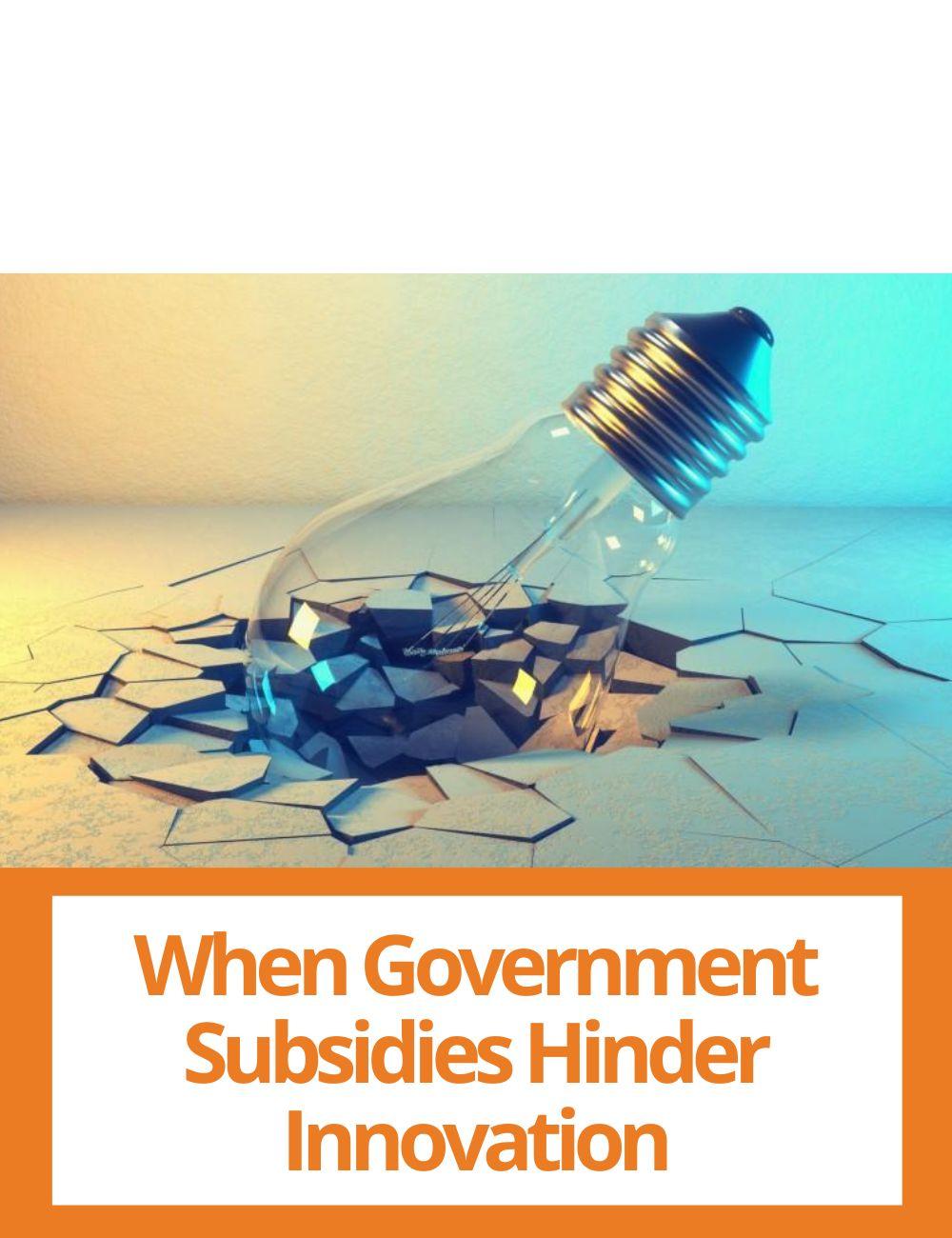
The War Economy in Ukraine
What are the challenges of managing the war economy in Ukraine and the international implications? These important questions were addressed at the IGIER Policy Seminar on 29 November by four prominent speakers- Prof. Tymofiy Mylovanov (Economic Advisor of Ukrainian President Zelensky, Kyiv School of Economics), Prof. Yuriy Gorodnichenko (Berkeley), Pierre-Olivier Gourinchas (IMF), Prof. Tito Boeri (Bocconi). The panel was moderated by Viktoriia Lapa from Bocconi.
Prof. Mylovanov gave an insightful and moving speech about the situation in Ukraine. In the last two months, Russian attacks targeted electricity and water, thus increasing the costs and disrupting many activities: from the lack of heating, and domestic water, to bank branches that remain without power and mobile applications that stop functioning. In response to more shortages, firms reduced their production levels and acquired satellite internet terminals due to the imminent threat. These actions created high economic costs. On the bright side, logistical services such as post offices or railroads are still operational.
Prof. Mylovanov also described the policy measures for government-supported financing to firms in need. The taxation system was made more flexible, avoiding to tax highly damaged firms and expecting profitable ones to donate part of the profits. To manage the import logistics, Ukraine coordinates with international partners. At the local level, firms apply a very low markup (under 5%) to cover the distribution costs. Finally, Mylovanov emphasized the need to strengthen the air defence system, solve energy problems, and improve financial support. Although the upcoming winter will represent a significant hurdle, he ended on a high note, considering that the economic policies have been quite good.
Prof. Gorodnichenko discussed the fiscal and monetary policies taken so far and the ones still to be implemented. He compared the initial response of policymakers to firefighting, focused on calming down the situation across the country. Some of the critical monetary policy actions embraced in the early days included the fixation of the UAH-USD exchange rate, the introduction of capital controls, and the protection of the financial system. On the fiscal policy side, the authorities applied measures, such as using reserves to cover deficits, injecting liquidity into the economic system, and redirecting resources to defence. However, these policies are unsustainable in the long term, as many considerably increased the fiscal deficit.
How do we go forward? Gorodnichenko argues that Ukraine's central bank should abstain from printing more money to avoid fuelling inflation. It should also give up the fixed exchange rate, implementing a more flexible one driven by market forces. On the other hand, he also argues that authorities should make taxes more progressive, better target and control the spending, and borrow more on the government bonds market, given the low real rate. These previous directions, along with deregulation, should lead to better long-term economic prospects: an aspect deemed essential, as Ukraine cannot continue to plan from month to month.
Pierre-Olivier Gourinchas approached the topic of wartime economics and financing from a macroeconomic and historical point of view. He cited the 1940 book written by Keynes, "How to Pay for the War: A Radical Plan", which advocates for the reduction in private consumption. Then, he described the struggle between the Central Bank and the market as the former attempted to implement a fixed exchange rate regime, difficult to maintain when a country has strong external financing needs. Ultimately, it failed and led to a 25% devaluation of the hryvnia in July.
Gourinchas also highlighted the government's role in managing public resources and incentives during the war. Its objectives should be to organize production, ration resources, and restrict consumption (while protecting the weakest). Financing itself domestically increases the interest rate and ultimately reduces domestic consumption. Other helpful economic policies can be achieved by introducing capital controls and enforcing a tight monetary policy (equating the real and natural rates). Rationing and price limits are unwelcome ways to cut back on consumption since they encourage illegal trade and exacerbate distributional inefficiencies. Instead, taxation and deferred compensation need to be favoured.
Lastly, Prof. Boeri presents the paper "The Labor Market in Ukraine: Rebuild Better", which discusses the pre-war state, examines the war's consequences on the labor market, looks at earlier European military wars, and then develops some general proposals for social policy to be adopted in the post-war economy. The pre-war Ukrainian economy was still sluggish, hampered by the inability to mobilize the labor force, namely the high unemployment rate and low labor force participation. Due to internal (7 million) and foreign displacement (7.9 million refugees), there was a significant decline in the labor force throughout the conflict. Numerous businesses lowered the amount of work they were doing or closed down, which in turn affected the labor demand. In addition, there was a regional mismatch in the supply and demand of labor. In light of the last European wars, it is difficult to reintegrate former refugees and internally displaced people, and the conflicts cause long-lasting effects on both physical and mental health. The primary suggestions are to make better use of current human capital, invest in future human capital, and safeguard the most vulnerable populations.



With Ukraine still facing a war of attrition with Russia, this discussion offers insights into the administration of a war economy and sets a strong foundation for future policies. The proposals emerging from the synergy between the four speakers are even more relevant, as economic policies can decide the Ukrainian war and provide the groundwork for the reconstruction.